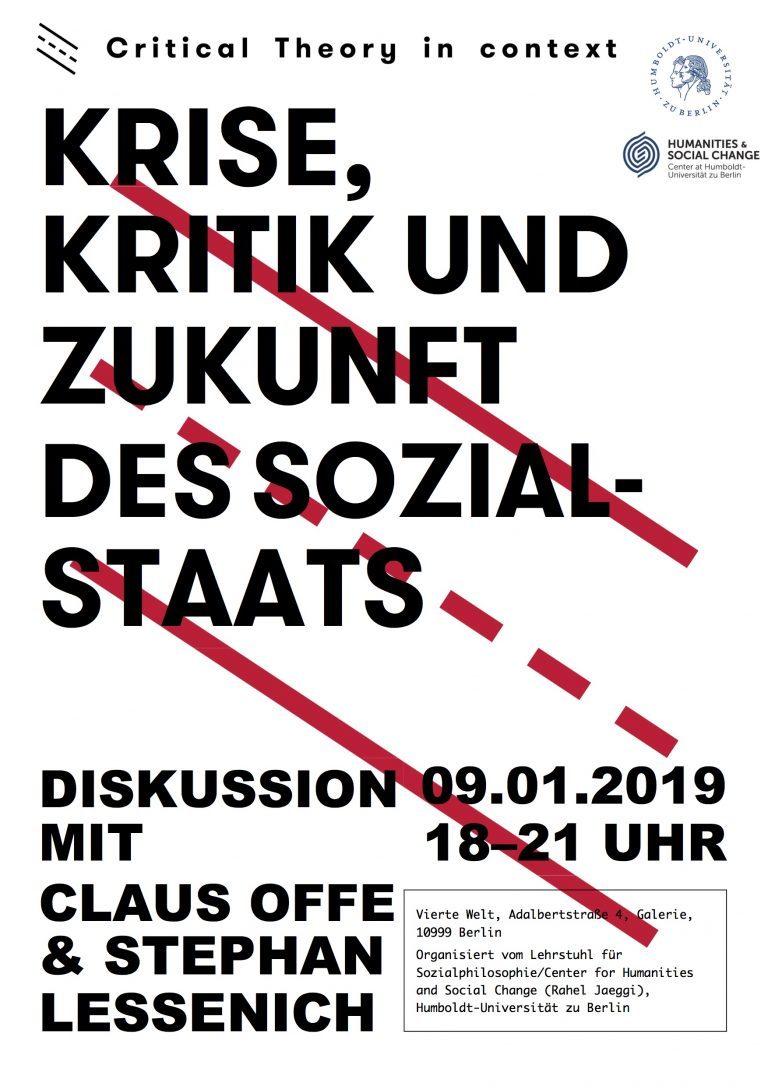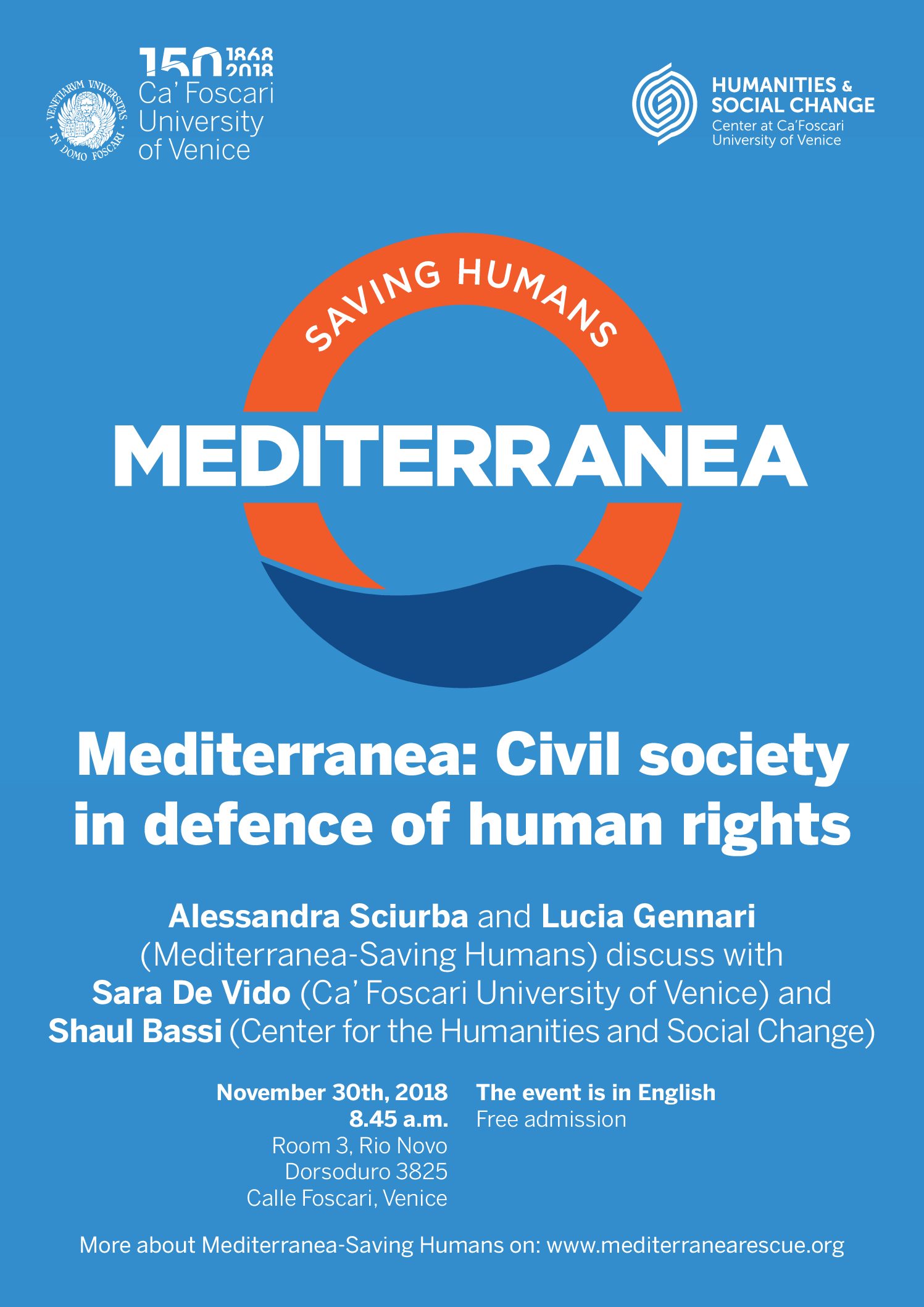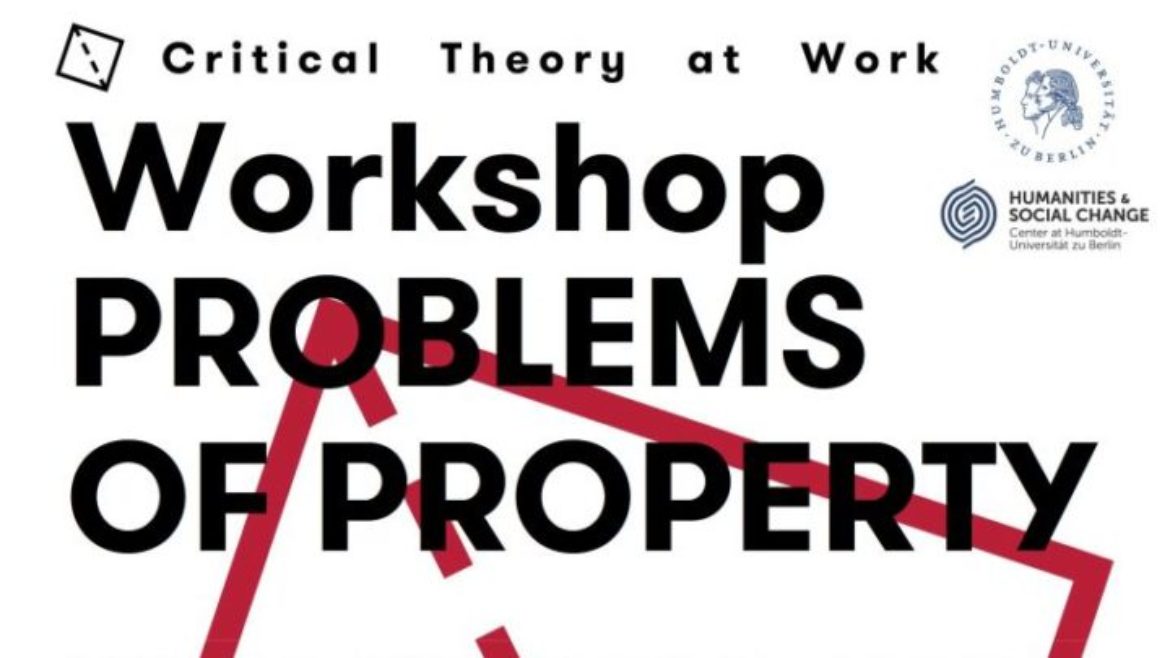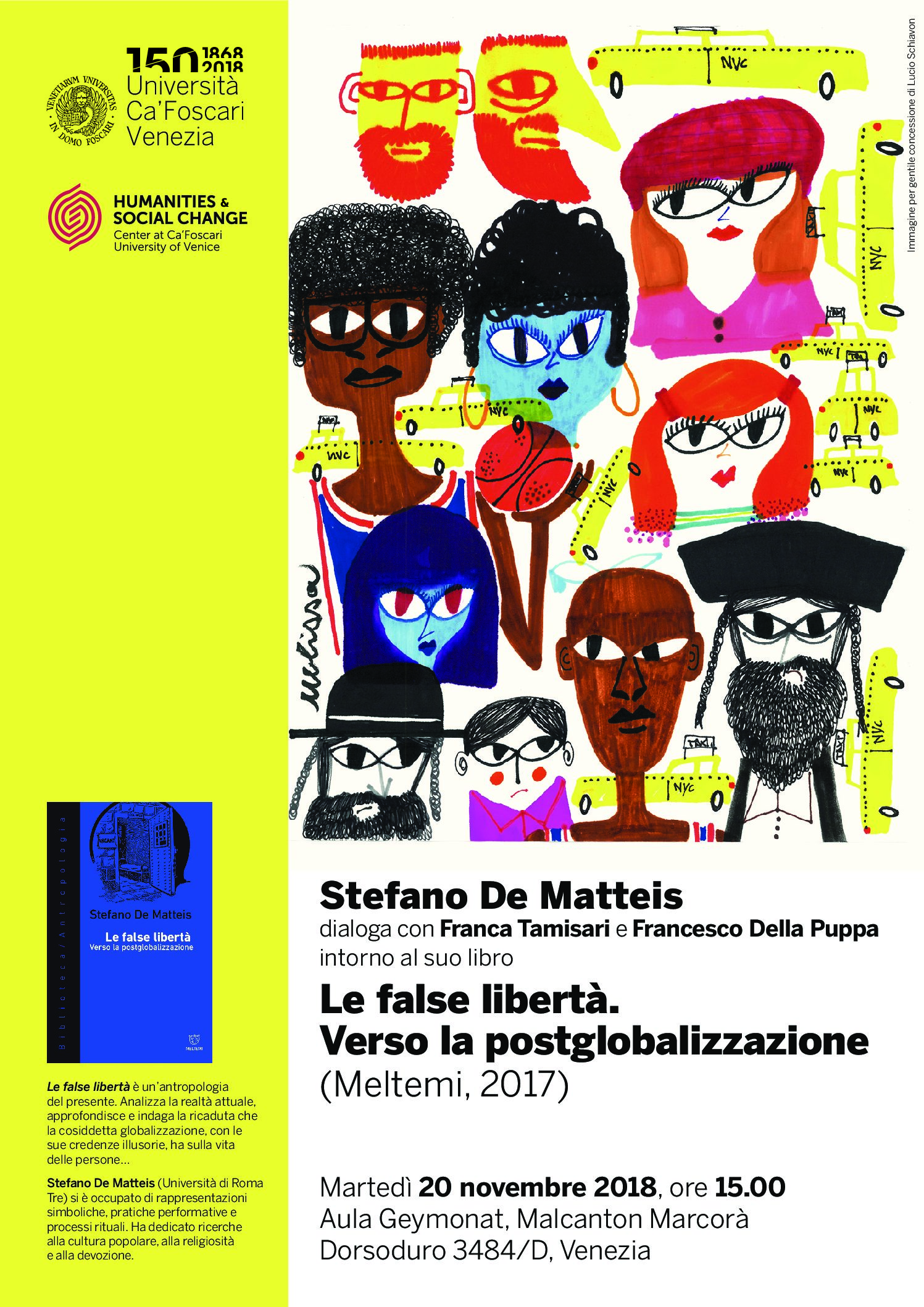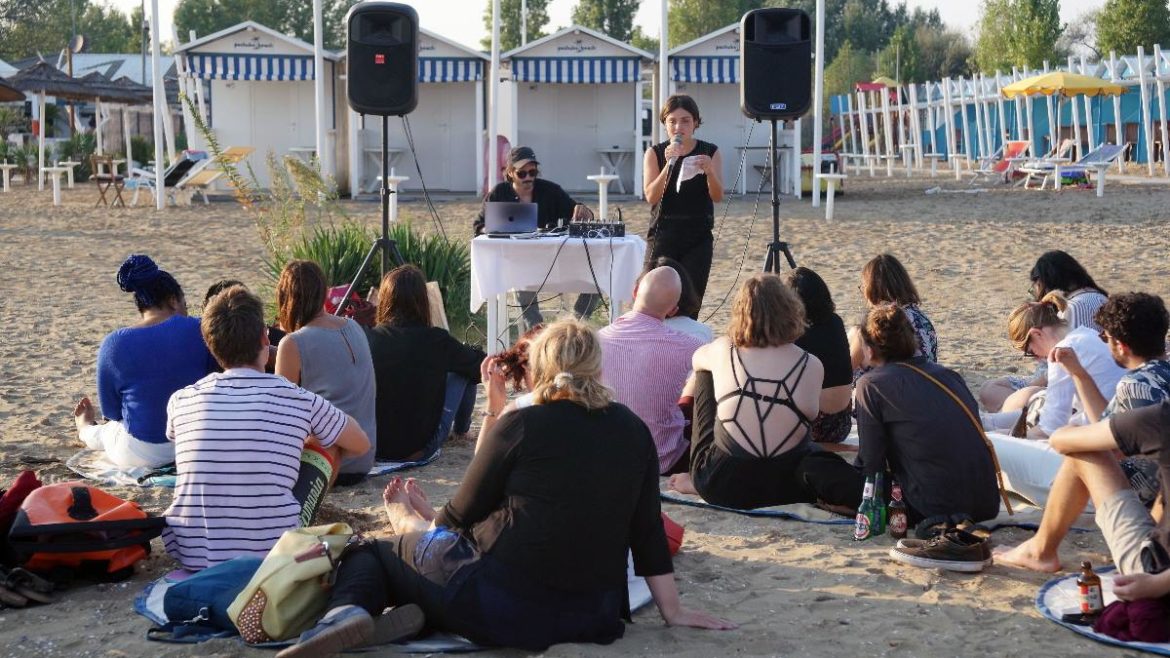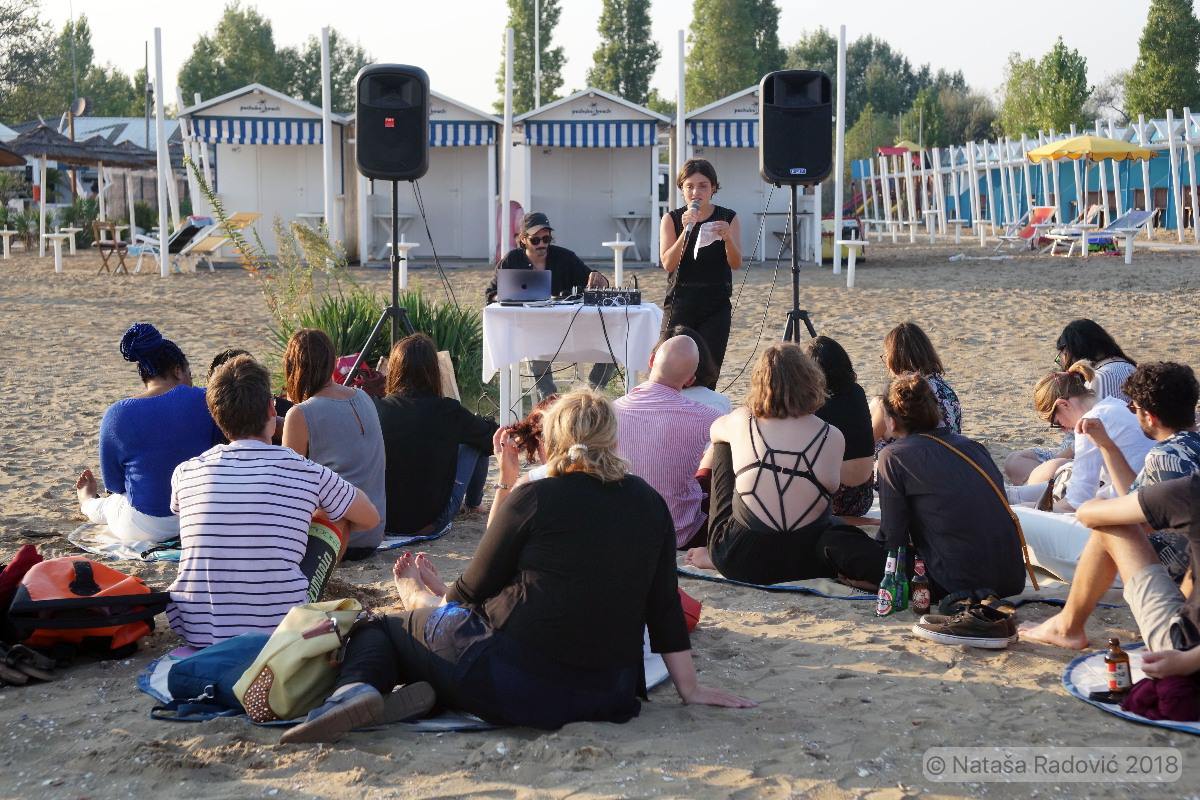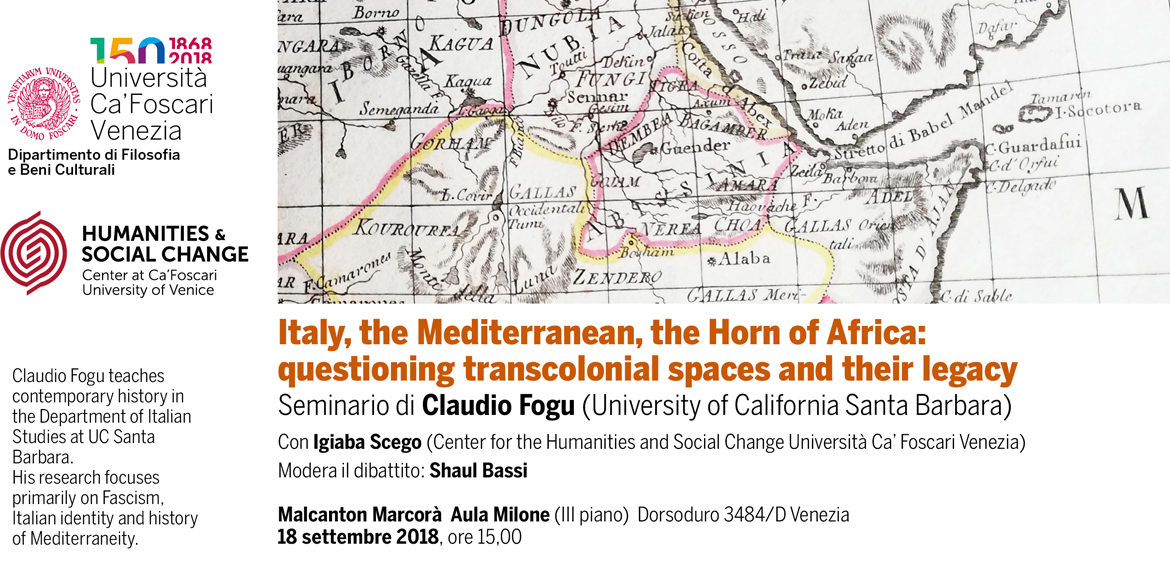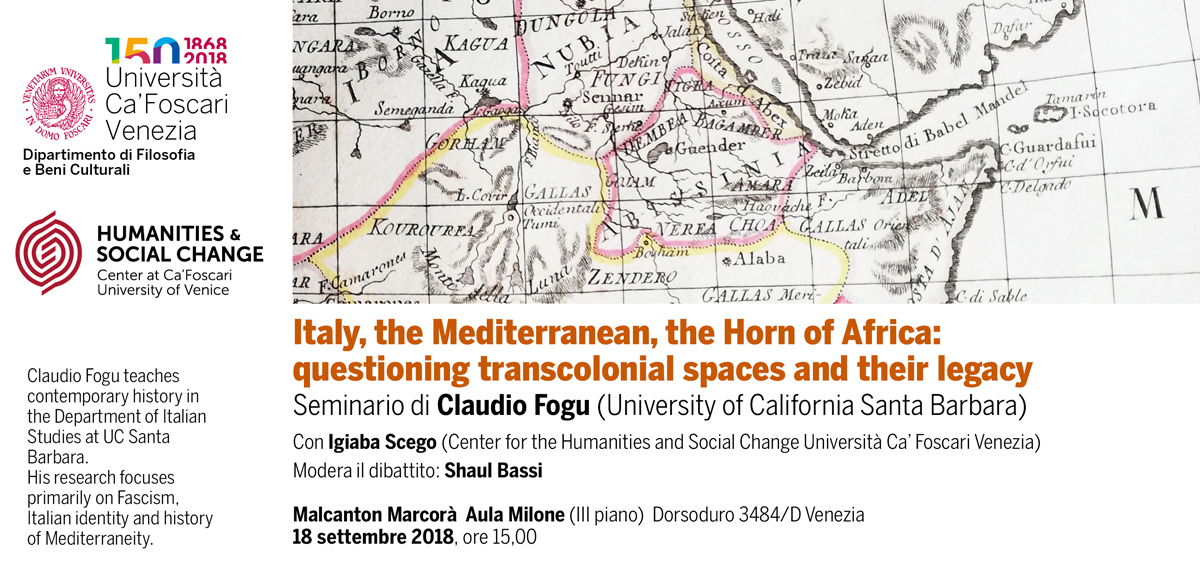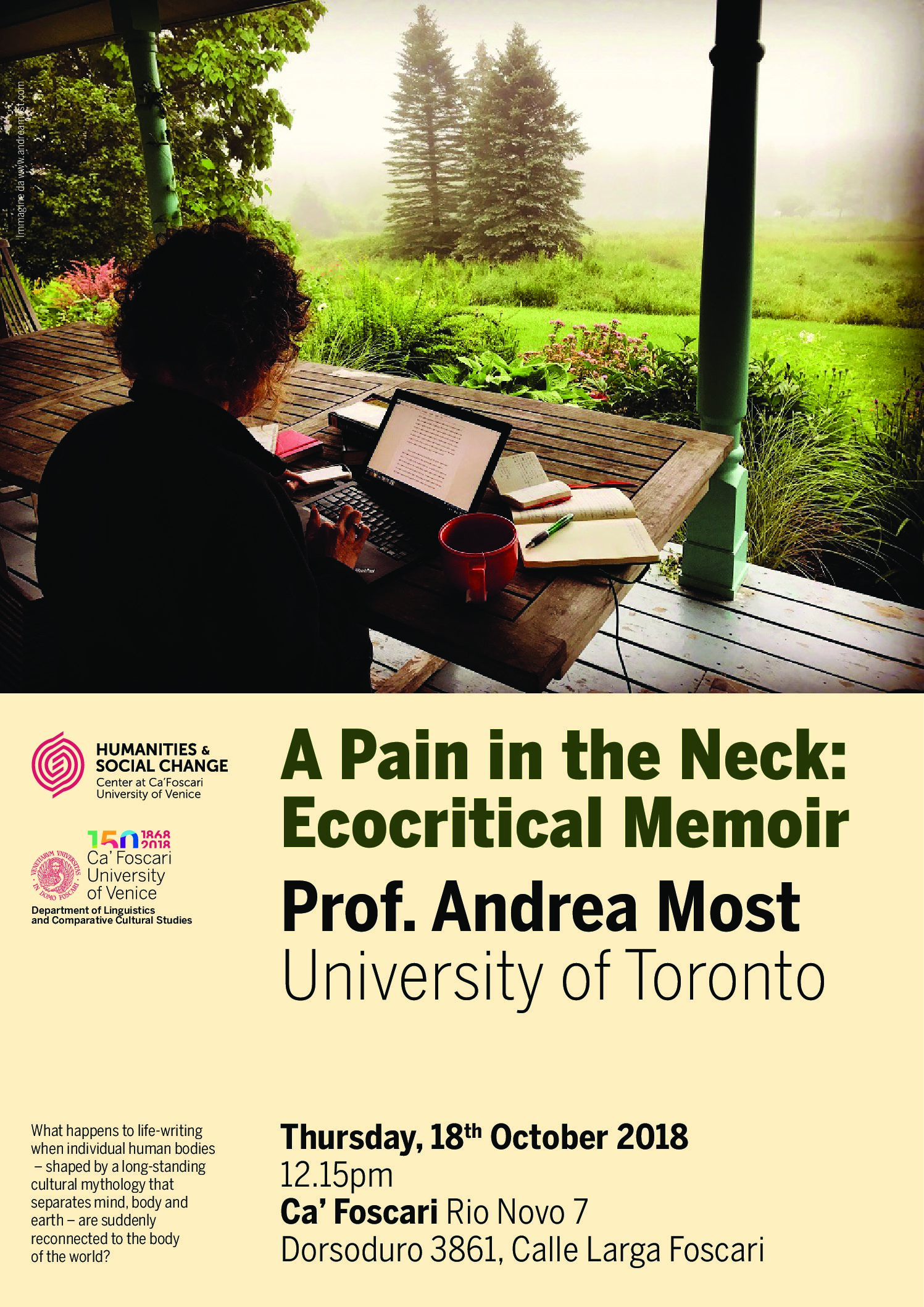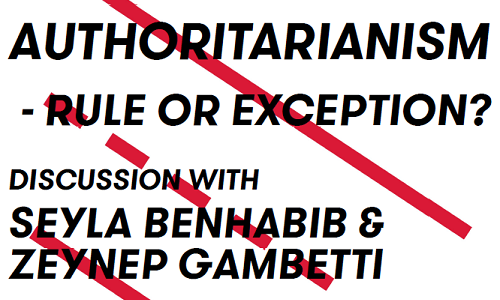Seminar with Jonathan Lear: Gettysburg Mourning
December 6, 2018 at 3 p.m.
Robertson Gymnasium 1000A

John U. Nef Distinguished Service Professor at the Committee on Social Thought and in the Department of Philosophy; Roman Family Director of the Neubauer Collegium for Culture and society at the University of Chicago; and Fellow of the American Academy of Arts and Sciences. Lear works primarily on philosophical conceptions of the human psyche from Scorates to the present. His publications include Radical Hope: Ethics in the Face of Cultural Devastation (2006) and, most recently, The Idea of a Philosophical Anthropology (2017) and Wisdom Won from Illness: Essays in Philosophy and Psychoanalysis (2017).


